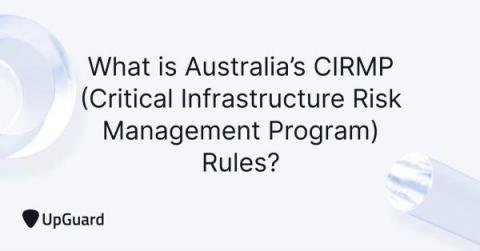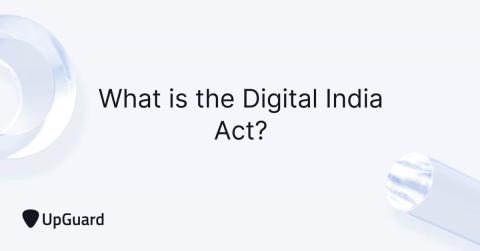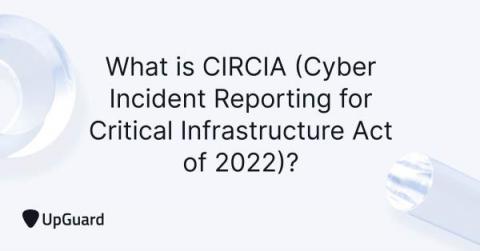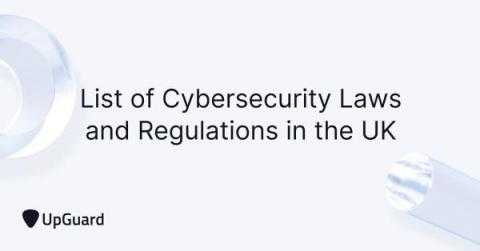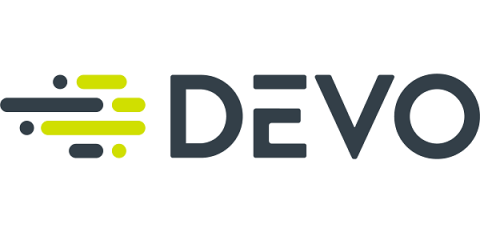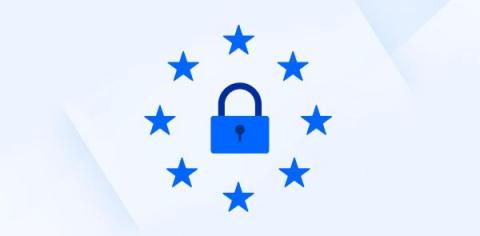How to Comply with Australia's CIRMP Rules
The Australian Cyber and Infrastructure Security Centre (CISC) recently announced that the Critical Infrastructure Risk Management Program (CIRMP) obligation had entered into effect. The Minister for Home Affairs, the Hon Clare O’Neil, signed the CIRMP Rules as the final part (Section 61) of the Security of Critical Infrastructure Act 2018 (SOCI Act) on 17 February 2023, effective immediately.


